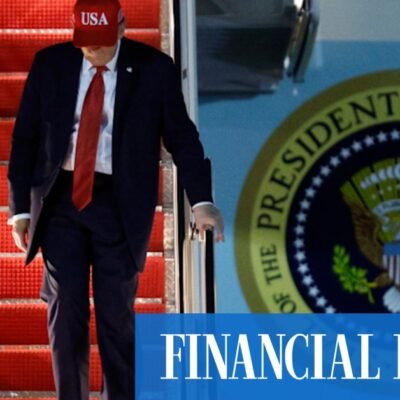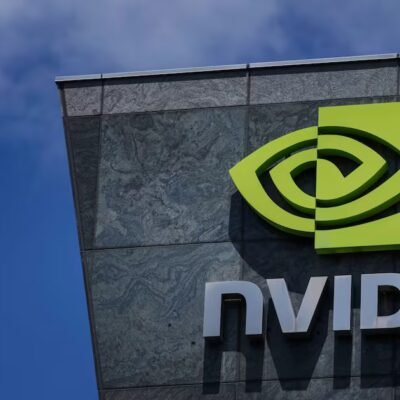African startups are grappling with considerable liquidity risks due to a lack of follow-on capital which threatens their long-term survival.
The Managing General Partner of SOSV, an American venture capital firm focused on early-stage investments, Sean O’Sullivan, stated this on Monday at the ongoing GITEX Global in the United Arab Emirates.
Follow-on capital refers to additional funding provided to a startup after its initial investment round, typically used to help the company grow, scale, or reach specific milestones.
With over $1bn in assets under his portfolio, O’Sullivan argued that startups in the region must achieve profitability earlier or demonstrate substantial growth potential, or they risk losing investor interest.
“Africa as a whole is a challenging environment for investors to succeed due to a lack of follow-on capital at the Series A and later stages,” he told The PUNCH in an interview.
He explained that even if startups perform well in their initial phases, they often struggle to secure the capital needed for scaling, leading to a loss of liquidity for investors.
While Nigeria is seen as a more favourable investment environment due to its developed market, O’Sullivan noted that the broader African landscape presents significant challenges for early-stage investors.
He urged global investors to recognise Africa’s potential and increase their focus on the region, stating, “The global community needs to devote more attention to the tremendous opportunities here.”
O’Sullivan also highlighted the efforts of Orbit Startup, an investment arm spun out of SOSV that supports African deep tech companies. However, many of these ventures target global markets rather than focusing solely on the African market.
“We have investors who are keen on African companies selling to the African market itself, and that’s important too,” he added.
There has been a notable decline in the startup scene across Africa in recent years. In the first half of 2024, the continent’s technology and startups secured a total of $780m in funding, according to a report by Africa: The Big Deal, which tracks startup deals in the region.
This represents a 57 per cent drop from the previous year, marking the lowest level since the second half of 2020.
Despite this downturn, Nigeria’s tech startup ecosystem continues to demonstrate resilience, attracting significant investments in sectors such as fintech, e-commerce, healthtech, agritech, and edtech. Lagos has established itself as a prominent hub for innovation, home to over 400 startups.
From January to March 2024, Nigerian startups captured 35 per cent of the $466m in total funding for the African tech sector, which encompasses equity, debt, and grants.
Notably, the transport tech startup Moove accounted for two-thirds of the funding directed to Nigeria during this period.
Moreover, data from The Big Deal indicates that from 2019 to 2023, Nigerian startups received the largest share of investments in Africa, constituting 29 per cent of the total $15bn raised by startups across the continent.
Meanwhile, the venture capitalist SOSV has invested an average of $150,000 in more than 300 Orbit companies—about $13m annually in recent years, according to Forbes. That’s a relatively small share of SOSV’s $700m of funds invested, but it creates the potential for good returns in emerging technology markets.
Last year, it helped generate total follow-on investments of about $220m for its portfolio companies with partners such as Reflect Ventures of Boston.





